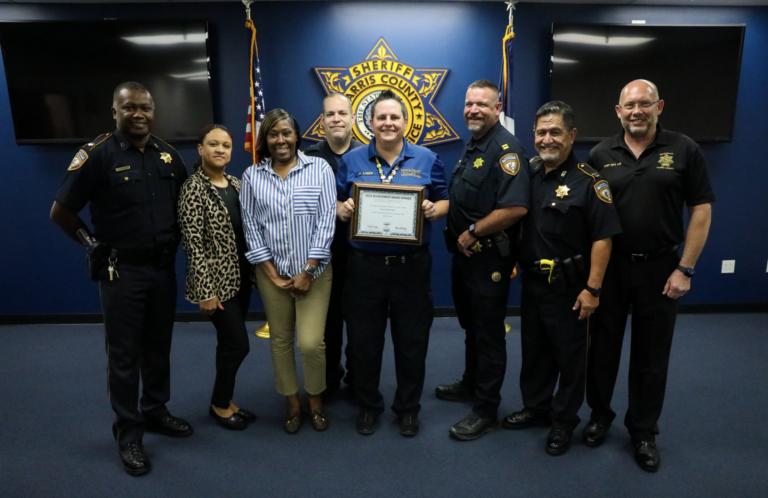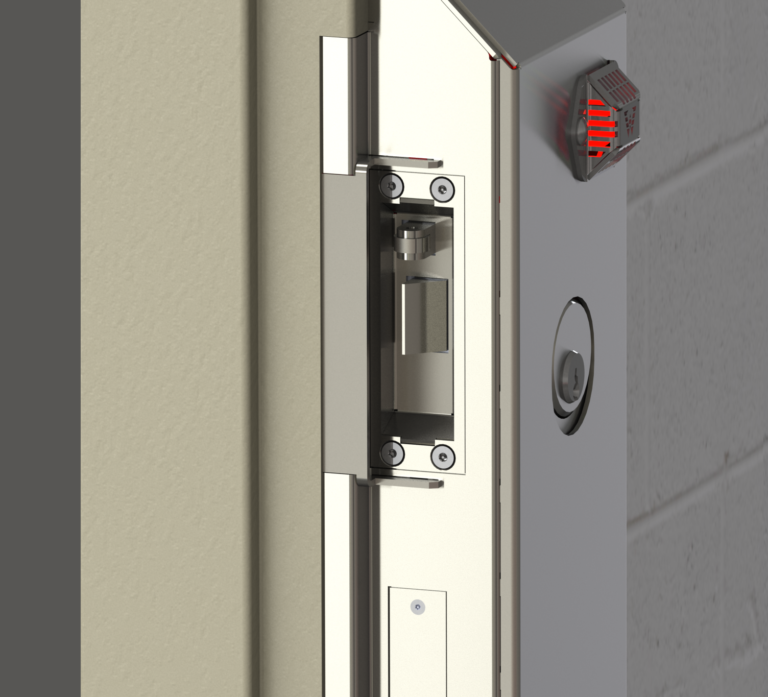Composting Endeavors Ripen in State Prisons
Correctional departments find savings in waste.
By Morgan Jones
Composting operations run by correctional departments grow more sophisticated as agencies seek to reduce landfill fees. Ranging from simple open aeration systems to enclosed in-vessel systems that regulate moisture, aeration and temperature via computer, composting has been proven to save millions of dollars.
The New York State Department of Correctional Services (DCS) was an early leader in correctional composting, and now runs the most extensive effort in U.S. prison systems, part of a larger recycling effort that includes cardboard, electronics, textiles, tin cans, plastics, and other materials.
All of New York’s 70 facilities recycle and compost at some level. Out of a total population of 65,000 inmates, about 12,000 are daily engaged in these operations. The skills learned by inmates often result in job offers upon release. New York DCS Resource Management Director Jim Marion says his department is currently discussing ways of modifying the training system so that composting and recycling qualify as vocational training, and not just a work assignment.
But Marion says that the most important thing to remember is that correctional composting is a business. “We do a cost-benefit analysis on each site, and depending on the amount of avoided costs or savings, that will determine, to a certain extent, how much we invest in a facility,” says Marion. “Monthly, I get e-mail reports from every facility. That goes to the corrections commissioner and on to the governor's budget report.”
Those savings are substantial. “When one 1,500-inmate facility started their composting operation, their first month, the garbage bill went down by $3,500,” says Marion. In 2003, the New York DCS diverted 10,490 tons of food waste and the scrap wood waste used for bulking agent. At $130-per-ton for tipping, hauling and landfill fees, the department's overall averted costs for composting alone were $1,360,000. “Last year, our avoided cost was more than we paid for waste disposal within the entire department,” Marion reports.
Virginia is one of the more recent state prison systems to embrace correctional composting. Tommy Davis, the Virginia DOC's director of environmental services, consulted Jim Marion when he began his research on composting four years ago. Davis determined he did not have the space necessary for windrow composting, saying such an operation would have occupied 50 to 60 acres.
And because composting by windrow produces a powerful odor, windrows require more distance from a facility, leading to concerns that the operation would be too far from the secure perimeter. “You don't know when the inmates may be called back on the hill because of an escape or riot,” says Davis. “You have problems with seagulls and animals. You have stench.”
Instead of a windrow operation, Virginia went with state-of-the-art in-vessel composting units from Wright Environmental. The company's in-vessel units are fully enclosed and include a bio-filter, making them virtually smell-free. By keeping composting closer to a facility, transport distances from kitchen pick-up spots are shorter, streamlining operations.
In addition, Wright's in-vessel composting units are computer-operated. By regulating the decomposition conditions inside, the first stage of composting takes two weeks or less, compared to a three to four week cycle with an aerated bay or windrow. Davis also reports that the provider of the units was able to supply various sizes of in-vessel composters for different sized facilities, and that the company willingly provided service after the conclusion of the warranty.
The trade off for in-vessel composting is that the units are typically twice as expensive. “I have requested every year, through the Virginia general assembly, to get more money to put more composters in place,” says Davis. “We haven't got any money, but it's a cost saving program, and just as soon as it comes to their attention that we're saving, then I'm sure they'll start allocating money to buy more.”
“Not everyone has the capital. In order to get composting off the ground, someone at the commissioners' level really has to be committed to saving money,” says Marion, whose recycling program was also bolstered by New York's Solid Waste Management Act of 1988. “You have to be a little bit of a salesman.”
Marion acknowledges his depart was lucky to have support from both the state and his corrections commissioner, but notes that his program started small, without state-of-the-art technology. “We started with low-tech windrows on pad that were actually an abandoned parking lot.” What made the difference were the pilot studies that allowed him to prove his savings to the governor's budget office.
“Every year, they've given us more money to do it, but we had to show a positive balance,” Marion says.






